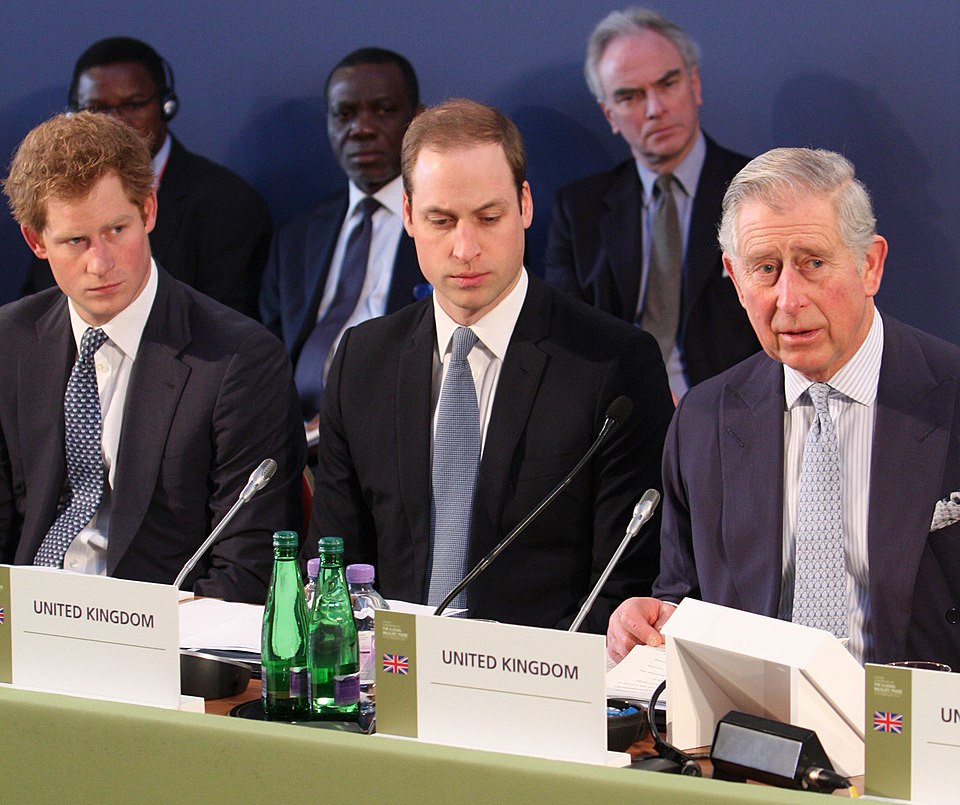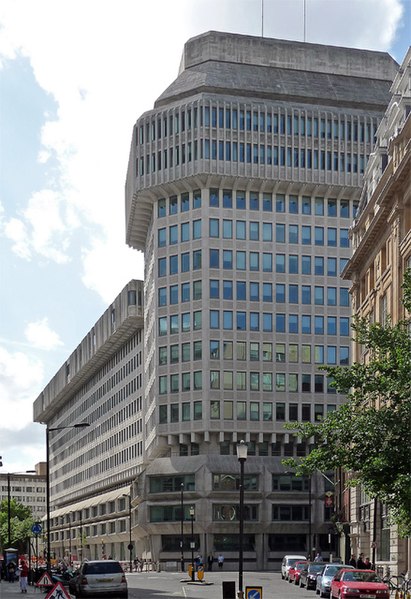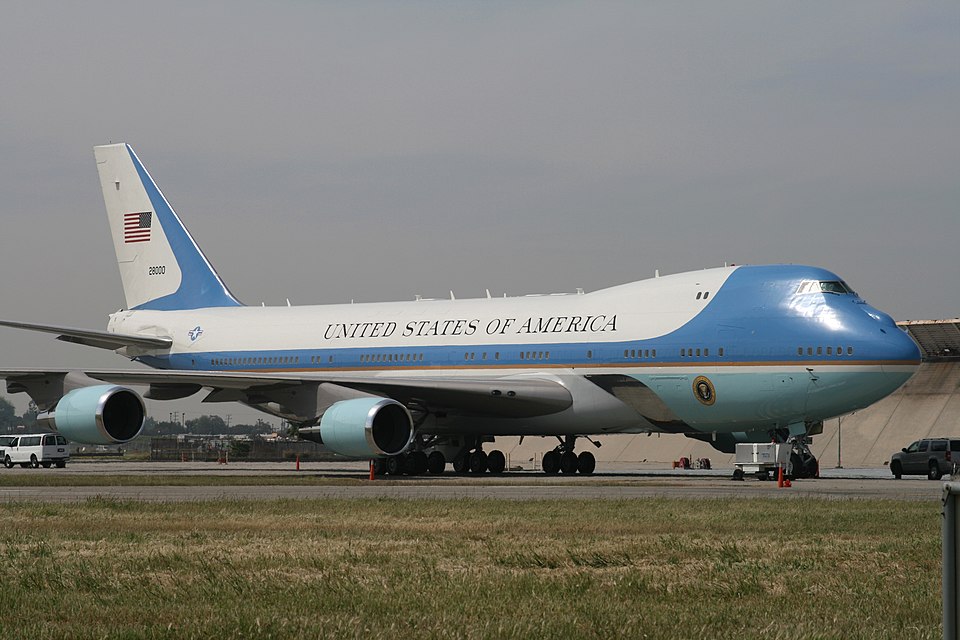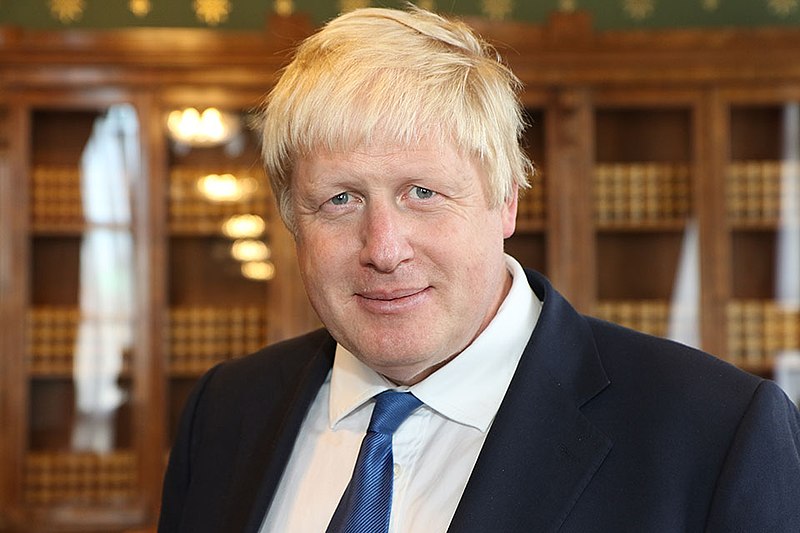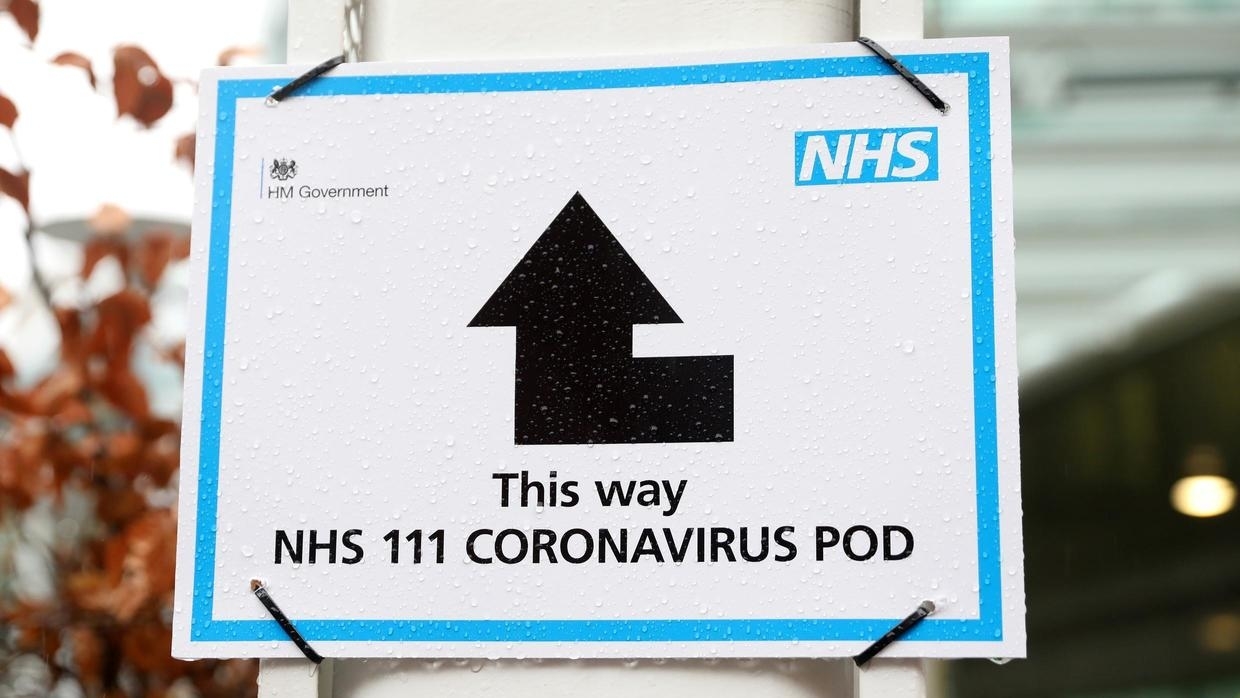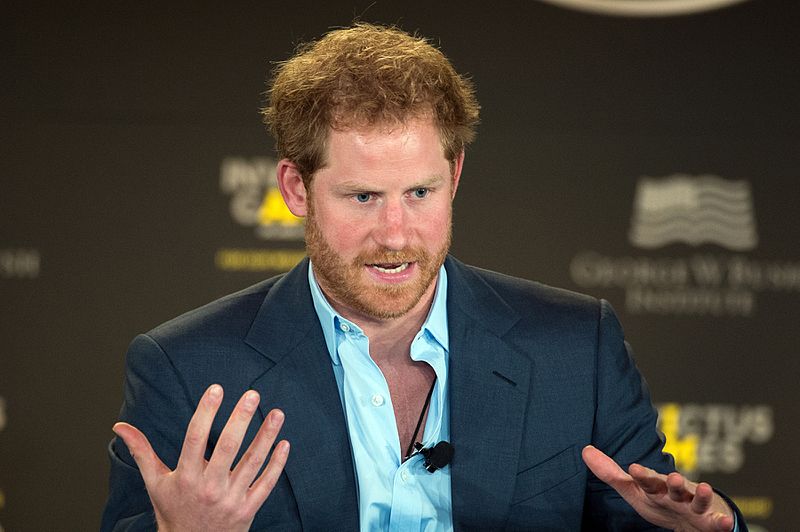
British car manufacturers are set to meet with government ministers on Friday to discuss how to respond to U.S. President Donald Trump's planned 25% tariffs on car imports, expected to take
effect next week, the BBC has learned.
The UK is currently working to secure exemptions from a broad range of new U.S. tariffs due to begin at midnight on 3 April. However, some in the auto industry believe it's now too late to prevent the measures and want to shift focus to potential support from the government.
The impact of the U.S. tariffs could be severe. The Office for Budget Responsibility (OBR) has warned that in a worst-case scenario, such trade barriers could cut UK economic growth by 1%, eliminating Chancellor Rachel Reeves’s £9.9 billion buffer under the government’s debt rules.
Government insiders say negotiations are ongoing, and there is still hope for progress. Treasury Minister Darren Jones emphasized the UK is not looking to enter a trade war, saying the country must take a different approach to negotiating with the U.S. "There is no easy answer," Jones said, noting the complexity of the situation.
This stance contrasts with countries like Germany, which has vowed to take a firm stand, and France and Canada, which are threatening retaliatory trade measures. Canada’s Prime Minister Mark Carney recently declared the long-standing US-Canada trade relationship "over."
In its Spring Statement report, the OBR projected that if global trade disputes escalate and average tariffs between the U.S. and other countries rise by 20 percentage points, the UK’s economic headroom could be "reduced to almost zero."
The tariff announcement caused a drop in carmaker share prices globally—including U.S. firms like GM, Ford, and Tesla, despite its close ties to the Trump administration. Industry experts warn the move comes at a challenging time: UK car production dropped 12% in February, and electric vehicle sales are growing slower than anticipated.
Ineos Automotive, a new UK-based carmaker that builds in the EU and sells primarily to the U.S., called the tariffs a "significant threat." CEO Lynn Calder expressed frustration with EU leaders for failing to engage with the U.S. earlier, saying, “There was a deal to be done here.”
The first round of tariffs will hit car imports starting 3 April, followed by taxes on parts in May. The U.S. is the largest market for UK-made vehicles, with 101,000 cars worth £9 billion exported last year.
The UK car industry is expected to request government support to help weather the disruption. The government is also reviewing its zero-emission vehicle targets, which some fear could penalize UK firms while benefiting importers like Tesla.
Though only a few UK officials are involved in the current negotiations, the discussions reportedly cover all U.S. tariffs—not just those on cars. Despite Trump's public insistence that there will be no exceptions for car imports, behind-the-scenes talks on broader "reciprocal tariffs" are ongoing worldwide. Photo by Gage Skidmore from Peoria, AZ, United States of America, Wikimedia commons.



